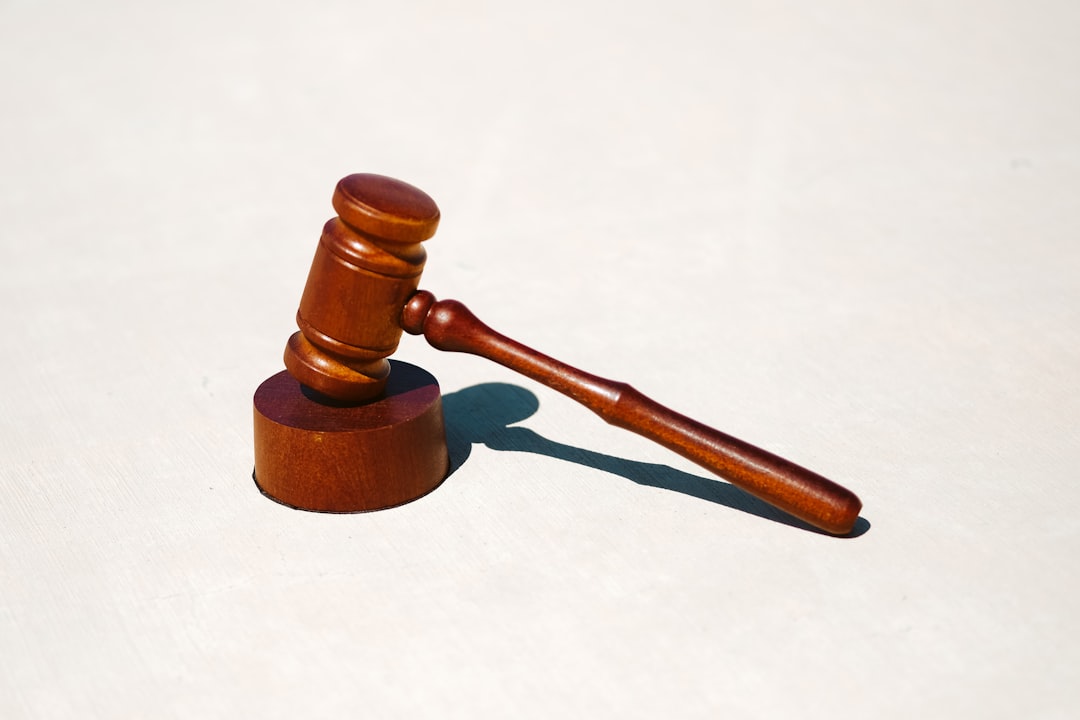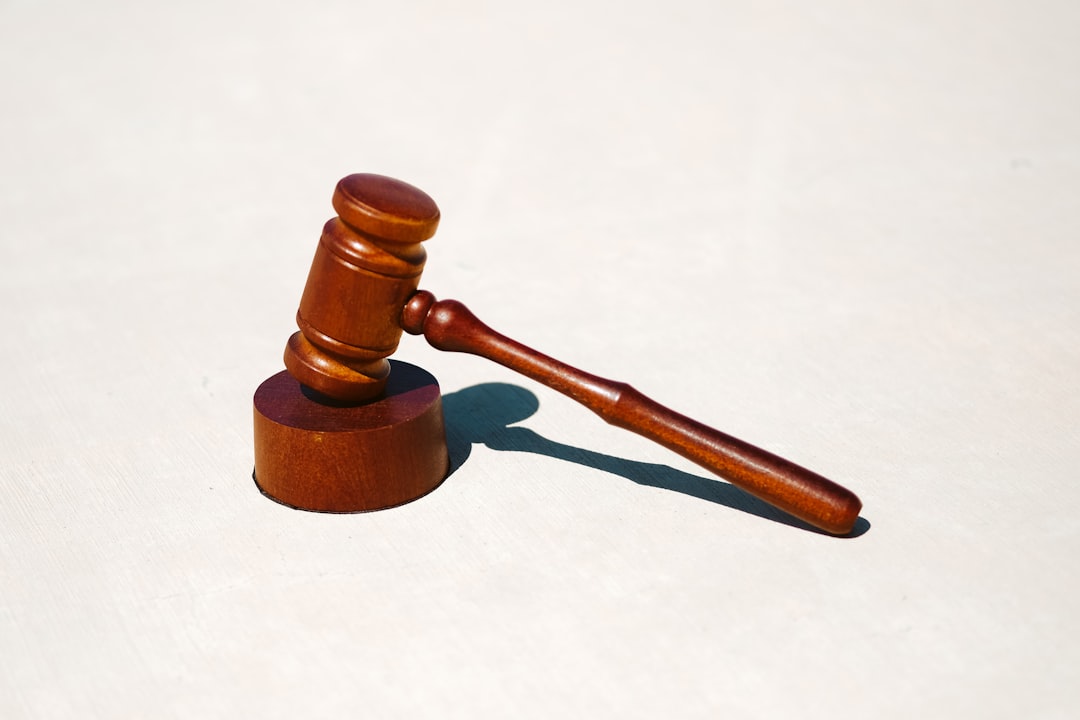In South Carolina, addressing sexual abuse is a critical legal matter. Understanding the state’s specific laws and the available resources is crucial for survivors seeking justice. This comprehensive guide delves into the intricacies of sexual abuse cases in South Carolina, from recognizing your rights as a victim to navigating the legal process with the aid of a skilled sexual abuse lawyer South Carolina. We explore the roles of key professionals involved, the steps to file a case, and support systems available for survivors.
Understanding Sexual Abuse Laws in South Carolina

In South Carolina, sexual abuse is taken very seriously under the law. If you or someone you know has been a victim of sexual assault or misconduct, it’s crucial to understand your rights and available legal options. A skilled sexual abuse lawyer in South Carolina can navigate the complexities of these cases and fight for justice on behalf of victims.
The state has specific laws in place to protect individuals from sexual violence, including statutes of limitations, procedures for filing reports, and remedies for those who have been harmed. If you’ve experienced any form of non-consensual sexual activity, it’s important to act promptly by reporting the incident to local law enforcement and seeking legal counsel from a sexual abuse lawyer in South Carolina. They can guide you through the process, ensuring your rights are protected every step of the way.
Roles and Responsibilities of a Sexual Abuse Lawyer

When faced with a sexual abuse case in South Carolina, victims often turn to a sexual abuse lawyer for guidance and justice. A sexual abuse lawyer specializes in handling cases involving sexual misconduct, assault, or exploitation, advocating for victims’ rights within the legal system. Their role extends beyond representation; they are responsible for guiding clients through complex legal processes, ensuring their well-being throughout.
The responsibilities of a sexual abuse lawyer include gathering and preserving evidence, interviewing witnesses, and constructing a compelling case to secure justice for their client. They must also navigate the unique challenges of these cases, such as handling sensitive information discreetly and addressing emotional trauma. By understanding the local laws in South Carolina, these lawyers ensure that victims receive fair treatment and that perpetrators are held accountable for their actions.
The Legal Process for Filing a Case

When filing a sexual abuse case in South Carolina, it’s crucial to understand the legal process. The first step is to contact a sexual abuse lawyer in South Carolina who specializes in handling such sensitive cases. They will guide you through the initial stages, which often include gathering evidence, interviewing witnesses, and documenting the abuse. This process requires utmost care and confidentiality due to the personal nature of sexual abuse claims.
The attorney will then prepare and file a legal complaint with the appropriate court, initiating the formal proceedings. This involves serving legal notices to the defendant and gathering further evidence to strengthen your case. Throughout this journey, a sexual abuse lawyer in South Carolina will ensure that your rights are protected and that you receive the support needed to navigate the often complex legal system.
Support Resources for Survivors in South Carolina

Surviving sexual abuse is a challenging journey, and in South Carolina, there are support resources available for those who have experienced this trauma. Many organizations offer confidential services, counseling, and legal advocacy specifically tailored to help survivors heal and rebuild their lives. These include non-profit groups dedicated to providing emotional support, legal aid, and representation for victims, especially when seeking justice through a sexual abuse lawsuit against a South Carolina-based defendant.
For those considering hiring a sexual abuse lawyer in South Carolina, these organizations can offer guidance and connect survivors with legal professionals who specialize in handling such cases. They provide a safe space to discuss options, understand legal rights, and navigate the complexities of pursuing justice. This support is crucial for individuals who may feel vulnerable and unsure about their next steps after experiencing sexual abuse.






